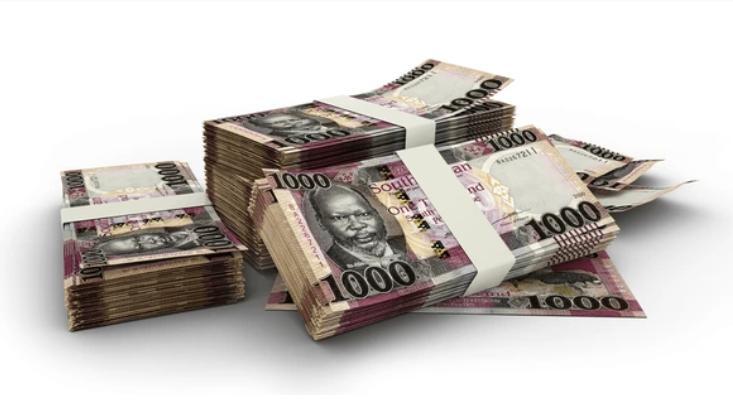Africa-Press – South-Sudan. The South Sudan Revenue Authority (SSRA) has announced that it collected 112 billion South Sudanese Pounds (SSP) in non-oil revenue during the first 15 days of July, surpassing its bi-weekly target of 100 billion SSP.
Commissioner General Simon Akuei attributed the rise in collections to a combination of internal reforms and increased staff commitment.
Speaking to reporters on Tuesday morning, Akuei highlighted consistent growth in revenue figures since the beginning of the year.
“If staff are motivated, if staff have the zeal to help their country, they can collect what is required,” Akuei said.
“The target we set was to collect 100 billion SSP every 15 days. This month, we managed to collect 112 billion in the first half of July, surpassing our target.”
While celebrating the improved performance, Akuei emphasized that these gains are just a starting point on the path toward sustainable domestic revenue.
“That is not the only target we wanted,” he explained. “We want to increase our collections, and that increase means launching this institute here—to train staff, members of the Revenue Authority, and even the public.”
The Commissioner revealed plans to establish a dedicated Revenue Training Institute aimed at improving tax administration and capacity building. The SSRA is also preparing to introduce a Tax Procedure Act, which would clarify the roles of national, state, and local authorities in tax collection and tackle the issue of double taxation—a long-standing complaint among businesses.
“The bill will help prevent businesses from being taxed multiple times and reduce conflicts between different tax-collecting bodies,” said Akuei.
According to the Commissioner General, the SSRA is currently mandated to collect taxes from registered international companies, corporate local businesses, and entities licensed by the South Sudan Relief and Rehabilitation Commission.
Smaller businesses and informal shops, under the proposed legislation, would fall under the jurisdiction of state and local governments.
Akuei concluded by calling for continued collaboration with stakeholders.
“We need the support of the government, the public, and the media to increase our domestic revenue and reduce our dependence on external funding,” he said.
The latest figures are a rare bright spot in South Sudan’s challenging economic landscape, where oil revenues have long dominated government finances and efforts to diversify revenue sources remain critical.
For More News And Analysis About South-Sudan Follow Africa-Press






